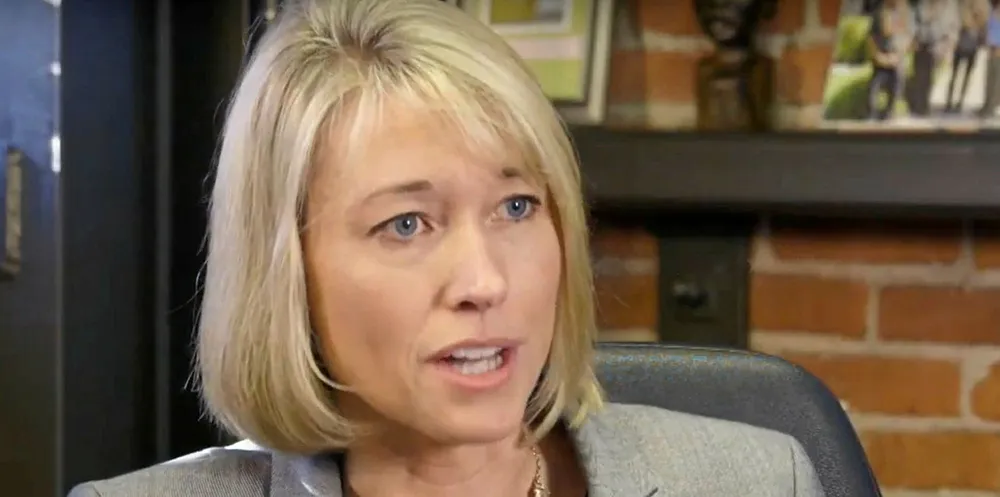Taiwanese buyer green-lit for $930 million Bumble Bee takeover
The deal will require buyer to assume some responsibility for plea agreement with US government.

The deal will require buyer to assume some responsibility for plea agreement with US government.
